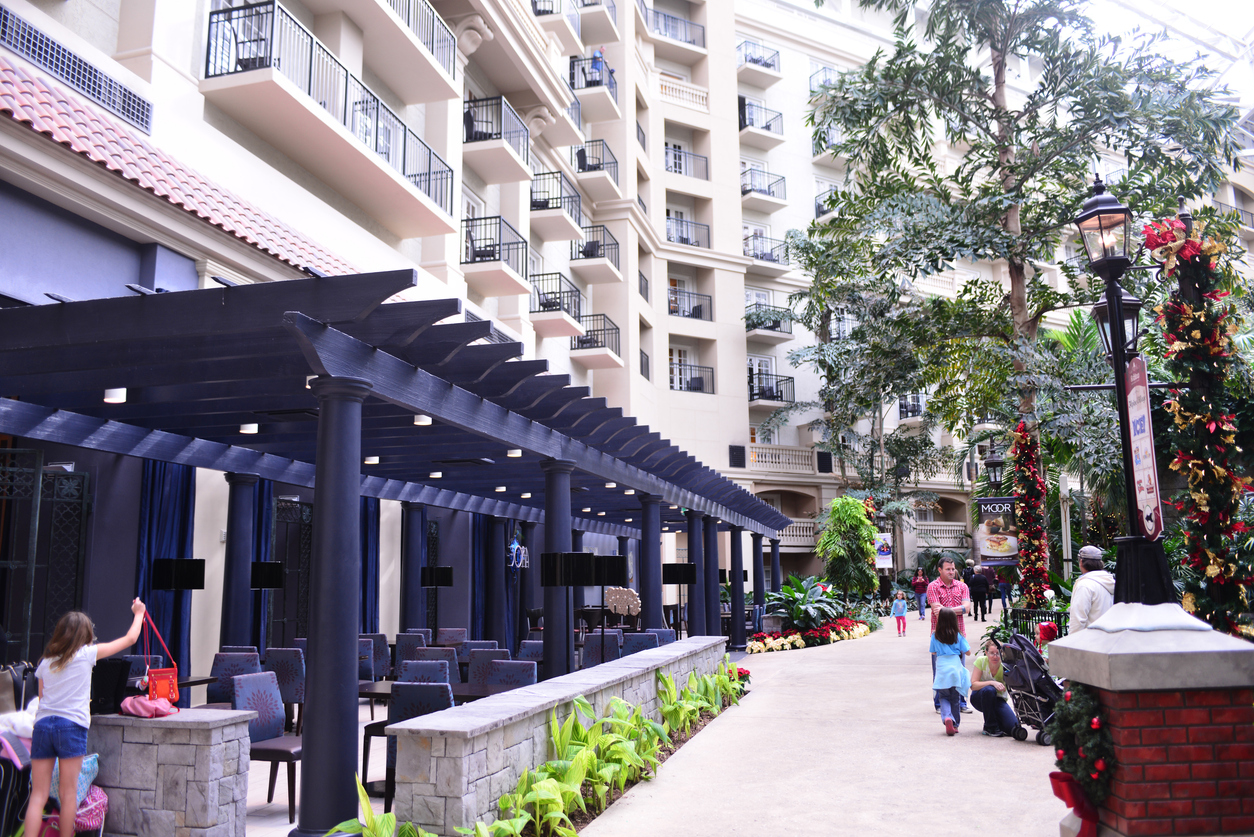
The hotel lobby has always been a place to check in, grab a coffee, or awkwardly take a Zoom call when your room’s not ready. But in 2025, hotel chains are rebranding that space into something more intentional — full-blown co-working environments designed for digital nomads, remote workers, and business travelers.
It’s being marketed as the next big hospitality trend. But is it a smart move or just another travel industry gimmick?
Here’s a breakdown of why hotel chains are jumping into co-working, what it looks like in practice, and whether it actually delivers value for travelers.
Why Hotels Are Investing in Co-Working
- The remote work shift isn’t fading
Millions of people now travel while working full-time or freelance. Hotels want a slice of that long-stay, work-friendly business — not just from conference-goers or vacationers. - Empty common areas = wasted potential
Many hotels already have underused lobbies, lounges, and ballrooms. Turning those into paid or member-accessible spaces makes financial sense. - Competition from co-working brands
Companies like WeWork, Regus, and even coffee-shop-style co-working chains have trained travelers to expect functional workspaces. Hotels are adapting or risk falling behind. - Hybrid travel is here to stay
Work + leisure (a.k.a. “bleisure”) trips are now the norm. Hotels that support both needs win.
What These New Co-Working Spaces Actually Look Like
They’re not just a couple of chairs and Wi-Fi signs anymore.
Hotel-based co-working spaces in 2025 typically offer:
- Dedicated desks, booths, and communal tables
- Phone booths for private calls
- Conference or meeting rooms
- Complimentary high-speed Wi-Fi
- Printing, scanning, and device charging stations
- Optional food, bar, or coffee service
Some also offer:
- Hourly or daily passes (for non-guests)
- Priority access or discounts for hotel guests or loyalty members
- Bundled packages that include room + desk + meal credits
In short, they’re trying to compete directly with purpose-built co-working spaces — but with the benefit of lodging, dining, and amenities on-site.
Major Hotel Chains Leading the Trend
- Marriott: Launched “Marriott Works” in select urban properties. Offers day passes and long-stay bundles for business travelers and digital nomads.
- Accor: Rolled out “Wojo” — a co-working brand integrated into hotels across Europe, especially in Ibis, Novotel, and Mercure properties.
- Hyatt: Partnering with co-working startups to create hybrid guest rooms that double as remote offices.
- CitizenM: Known for smart rooms and self-check-in, now also promotes its lounge areas as creative, bookable workspaces.
- Selina Hotels: Originally built for remote workers, now standardizes co-working across its global portfolio, with fast Wi-Fi and weekly networking events.
Even smaller boutique brands and hostels are joining in — especially in destinations with strong digital nomad traffic like Lisbon, Bali, Tbilisi, and Mexico City.
Smart Business — or Just Rebranding the Lobby?
When it works:
- The space is purpose-built or well-adapted (not just tables with outlets)
- There’s real separation between leisure and work zones
- Wi-Fi is fast, stable, and doesn’t log you out every 20 minutes
- Food and beverage service is reliable — not just a vending machine
- Day passes are priced fairly ($5–$20/day) and include coffee or perks
When it fails:
- It’s just a repackaged lobby with awkward lighting and noise
- They charge premium rates for weak amenities
- Guests compete with outsiders for space
- There’s no meaningful community — just isolated laptops
At its worst, it’s all branding, no substance. But at its best, it offers remote workers convenience, productivity, and flexibility all under one roof — something traditional co-working spots can’t always match.
Who Benefits Most
- Business travelers extending trips or skipping the office
- Digital nomads wanting a reliable base in a new city
- Long-stay guests who need a break from the hotel room desk
- Locals who want a semi-social work environment with solid coffee and no long-term contract
Not ideal for:
People needing high privacy, teams running intensive meetings, or anyone sensitive to noise and foot traffic.
What Travelers Should Look For
If you’re considering a hotel with a co-working offering, look for:
- Dedicated, quiet zones (not just “fast Wi-Fi in the lobby”)
- Power outlets at every seat
- Private call space
- Real desk chairs — not lounge furniture
- Early/late hours access if you work across time zones
- Guest access perks (like free printing or priority seating)
And don’t be afraid to ask for a tour before booking — or test it with a one-day pass before committing to a long stay.
Hotels launching co-working spaces in 2025 isn’t a gimmick — but not all are doing it right. For travelers, it’s a potential win: convenience, flexibility, and one less app to juggle when you’re trying to work on the road.
The key is not to assume “co-working” means quality. Vet the offering like you would any workspace. If it delivers real functionality, fast Wi-Fi, and some creature comforts, it can be a smart upgrade. If not? You’re just paying to sit in a crowded lobby with overpriced coffee.
As hybrid travel becomes the norm, the smart traveler will go where both the bed and the desk actually work.







